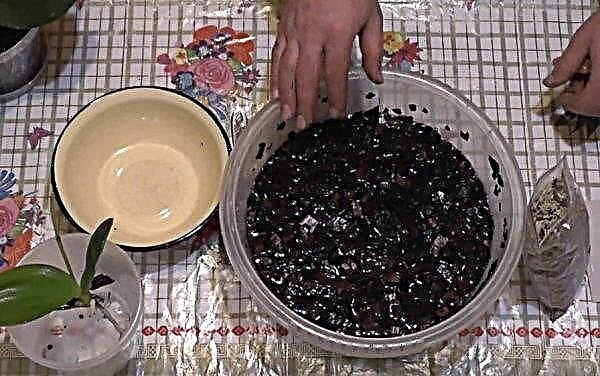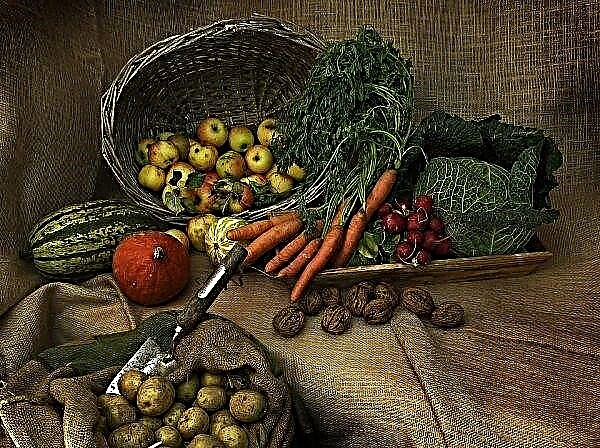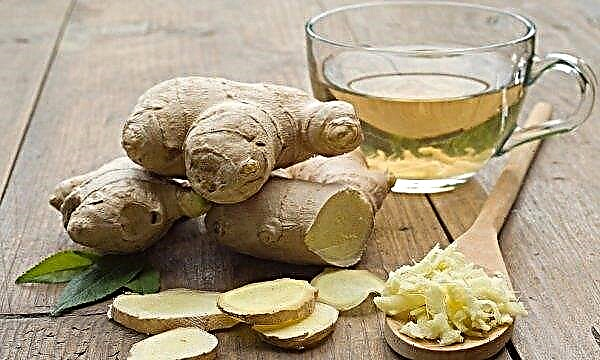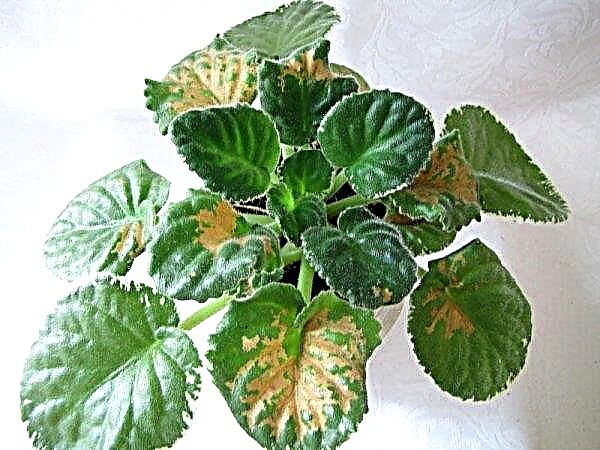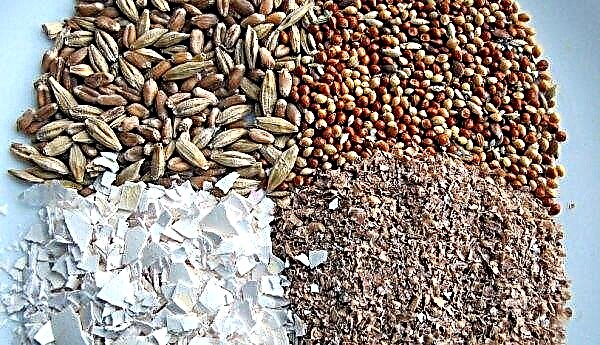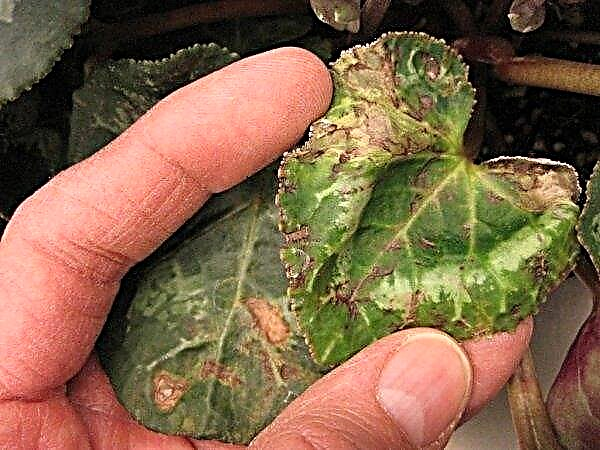Since ancient times, decoctions of herbs for the prevention and treatment of a variety of diseases have been very popular. In kidney diseases, traditional medicine recommends paying attention to dill and treatment features with this tool.
The benefits and harms of dill in the treatment of kidney disease
The green part of the plant contains nicotinic and ascorbic acids, riboflavin, thiamine, carotene, pectin, carbohydrates, flavonoids, potassium, calcium, phosphorus, iron, vitamins A, B2, B6, C, PP. Seeds are rich in protein and fatty acids. In addition, dill contains essential oils, which not only form a characteristic odor, but also favorably affect the synthesis of bile, gastrointestinal enzymes, and also act as antiseptics for the genitourinary and digestive systems. The anetine present in the composition dilates the vessels of the brain and heart muscles, which generally improves the functioning of the cardiovascular system. The herb has antispasmodic and diuretic properties.
Did you know? In Africa and Europe, dill was grown and used for medicinal purposes as far back as 5000 years ago.
In renal diseases, seeds are used, from which a decoction is prepared that restores the inflamed organ tissues. Also, it is recommended for urinary incontinence.
Despite a number of healing properties, there are a number of contraindications to the use of dill:
- allergy;
- hypotension;
- atony;
- excessive consumption can affect visual acuity and cause dizziness.
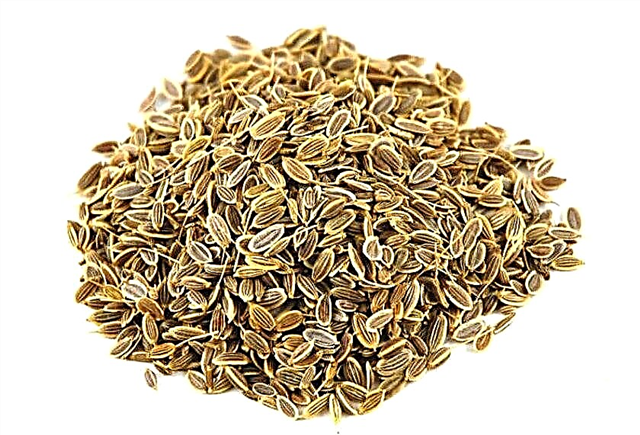
Indications for use
The tool has a complex effect on the kidneys:
- kills bacteria that provoke the disease;
- relieves inflammation;
- improves metabolic processes of the body, which contributes to a quick recovery.
Due to antiseptic properties it is used in the following diseases of the excretory system:
- cystitis;
- nephritis;
- urethritis.
Features of the treatment of kidney dill
Given the differences in the composition of nutrients in different parts of the plant, use different techniques for preparing decoctions. It is important to know how often and how much you need to take the drug so as not to harm your body.
How to brew a decoction
Prepare a healing solution as follows:
- A tablespoon of seeds pour a glass of hot boiled water.
- To sustain 15 minutes under the closed cover.
- Strain.

How to use
The number and frequency of receptions of a healing drug directly depends on the disease, so for the treatment of inflammatory processes, with stones, sand and stagnation of urine, the broth is consumed 3 times a day, 150 ml before meals. The course of treatment is 2-3 weeks. For the prevention of ailments, take 1 tbsp. l 3-4 times a day.
Important! Pregnant women should use dill no more than 1 time per week.
Storage Features
Infusions are recommended to be prepared before use and taken fresh. Dry seeds for the preparation of the broth are stored for 5 years in tightly closed containers.
Contraindications
I take dill, it is important to monitor your own health, because this useful plant has contraindications. You should refrain from taking it, for people with low blood pressure, because the drug dilates the blood vessels, which entails an even greater decrease in the indicator. When treating with decoctions, there may be a breakdown, weakness, as well as fainting.
- Dill therapy is contraindicated in:
- weakened muscle tone;
- hormonal disorders.
Since ancient times, mankind has used the healing properties of plants to combat ailments. Many recipes and secrets of traditional medicine have survived to this day and are very popular. Follow the above guidelines and forget about kidney disease forever.




